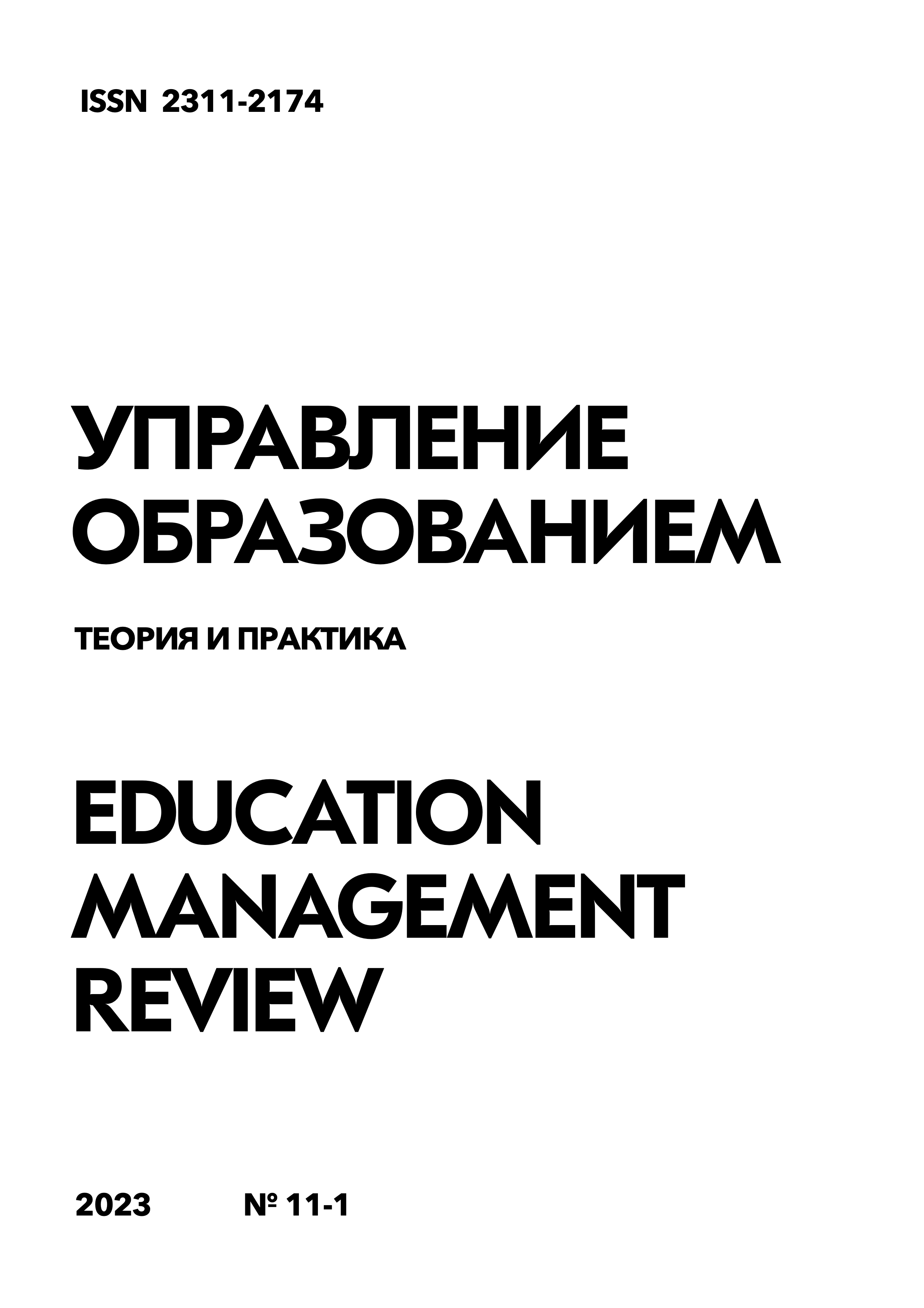Integrating the Spirit of the Great Party Building into higher education: the path of political and ideological education in China
DOI:
https://doi.org/10.25726/b4146-5482-9335-nKeywords:
the spirit of the great party building, political and ideological education, pathAbstract
In the era of globalization and intensification of technological changes, higher education in China is undergoing dramatic transformations, and faces the need to adapt to the vectors of political and ideological orientation. In this context, the “Spirit of the Great Party Building” acts not just as an ideological postulate, but also as a multidimensional matrix, subject to empirical analysis and integration into pedagogical practices. In this article, we seek to consider how conceptual frameworks derived from this matrix can be systematically incorporated into pedagogical methodologies with the aim of ensuring coherent student development in various aspects - from moral and aesthetic to intellectual and sociopolitical. More specifically, this research paper analyzes a case study of three universities (Peking University, Shanghai University and Tsinghua University.) using metrics such as the level of political awareness, intellectual development and social activity. The goal is to determine the correlations between the implementation of the ideological matrix “Spirit of the Great Party Building” and the specified metrics. Empirical data are collected using cross-sectional research methodology and analyzed through statistical models including multiple regression and analysis of covariance. Based on the results obtained, recommendations are formulated at the level of strategic management of educational institutions, with an emphasis on the need for closer integration of ideological principles into the educational process to support social justice, critical thinking and sustainable development.
References
Бражник Е.И., Юань Фаньфань. Внутренние и внешние факторы становления и развития научно-образовательной среды современных университетов России и Китая // Тенденции развития научно-образовательной среды в современных университетах Китая и России. СПб., 2019. С. 79-118.
Ван Шуцзин. Искусствознание и педагогика // Диалектика взаимосвязи и взаимодействия: VI Международная научно-практич. конференция: Вып. 6: сборник науч. трудов. Под ред. С.В. Анчукова О. Л. Некрасовой-Каратеевой. СПб.: ООО «Книжный дом», 2018. С. 24-33.
Ван Лу. "О взаимосвязи идей Строительства Партии и ценностных ориентаций молодёжи новой эпохи" // Исследования по образованию в области идеологии и политики. 2019. №(6). С. 38-42.
Лю Юйцзю. "Дух 4 мая и строительство социалистических ценностей среди молодёжи новой эпохи" // Журнал Хунаньского университета (социальные науки). 2020. №(2). С. 13-18.
Ли Ифань, Дин Синьюнь, Ли Цзюнь. Международная образовательная стратегия: Глобальный потенциал, глобальный рост // Информация о мировом образовании. 2019. № 14. С. 41.
Латыпова Э.Р., Райманов Р.И. Применение кейс-метода в процессе обучения навыкам межкультурной коммуникации (на примере Китая) // Евразийский юридический журнал. 2022. № 10(173). С. 490-492.
Панг Юаньчжэн, Динь Донхонг. Новый словарь современной западной теории социального развития. Чанчунь: Народное издательство Цзилиня, 2001. 432 с.
Си Цзиньпин. Речь на торжественном собрании в честь 100-летия основания Коммунистической партии Китая // Народная газета. 2021. №07-02(02).
Тремзина П.А., Фоминых М.В. Отличительные особенности образования в Китае. Текст: непосредственный // Молодой ученый. 2016. № 7.5 (111.5). С. 92-93. URL: https://moluch.ru/archive/111/26621/
Фу Цюаньхуэй. Контрмеры для получение государственной финансовой поддержки негосударственного высшего образования // Журнал Университета Хэцзэ. 2020. № 3.
Чжао Цзюньфан, Лю Лин. Анализ 70-летнего опыта высшего образования в Китае и рекомендации по будущему развитию // Современное управление образованием. 2020. № 4. С. 8.
Яо Кай, Ли Сижи, Ван Цзяоцзяо. Исследование модели обучения предпринимательских талантов в колледжах и университетах // Современное управление образованием. 2020. № 4. С. 45.
Яньцю, Хань Цзайбинь. Влияние зарубежных педагогических теорий и опыта на языковое образование в Китае за последние сто лет // Языковое планирование. 2020. № 3. С. 60-64.
Bao Ming-xu. Research on the ecosystem, innovation and entrepreneurship education in the digital age-based on triple helix theory // 2020. №10. Pp. 31-35. DOI: CNKI:SUN:JXJG.0.2020-10-006.
Shi Yujing, Zhu Jinhua. A review of the research status of higher education ecology in China // Higher Education Research and Practice. 2015. №34 (2). Pp. 35-38. DOI: CNKI:SUN:GJHJ.0.2015-02-010.




